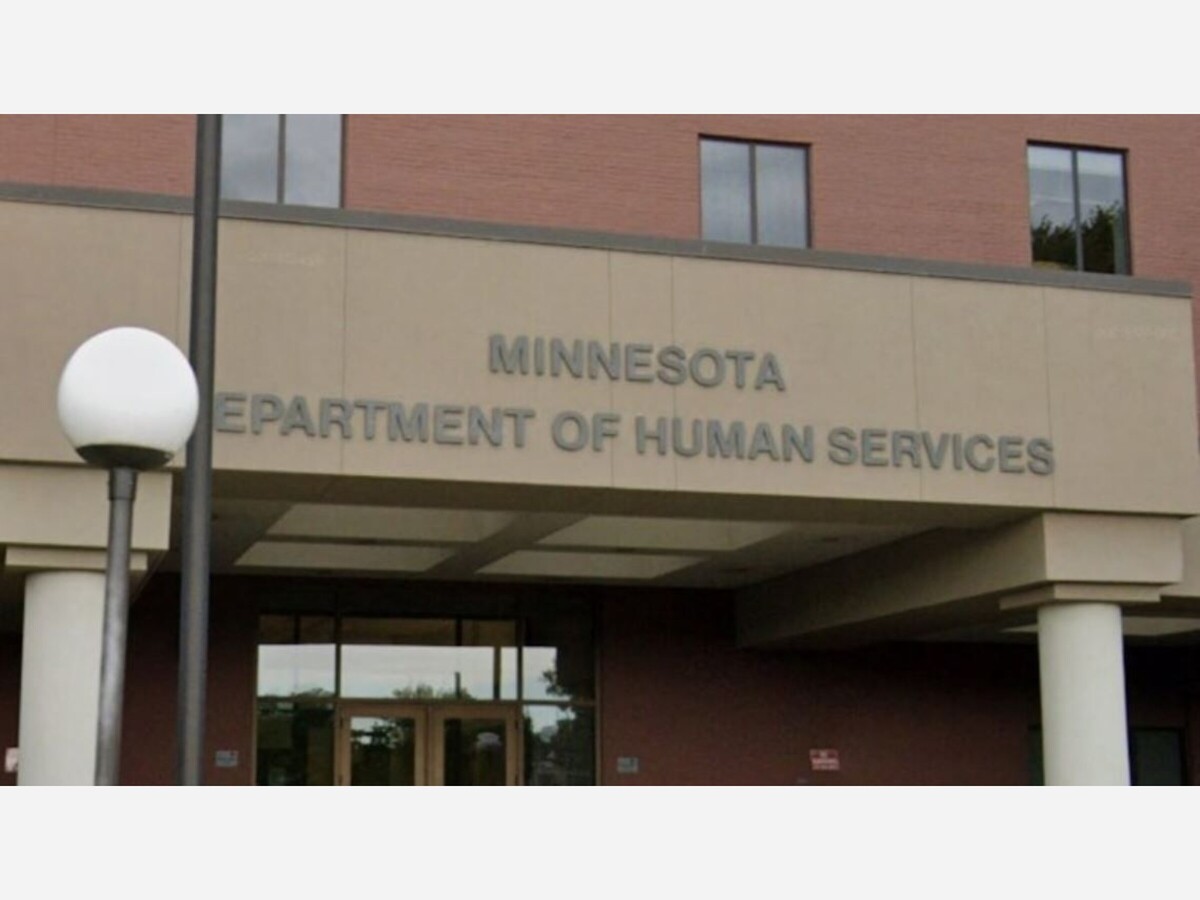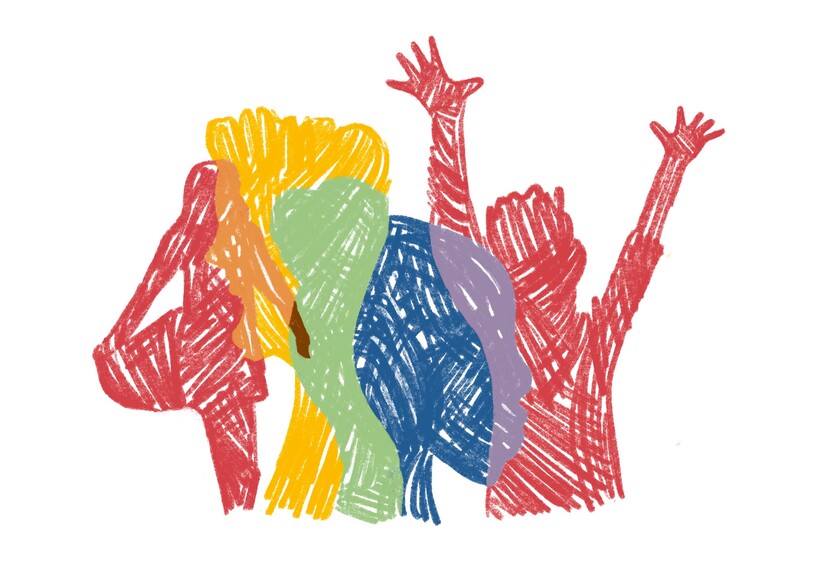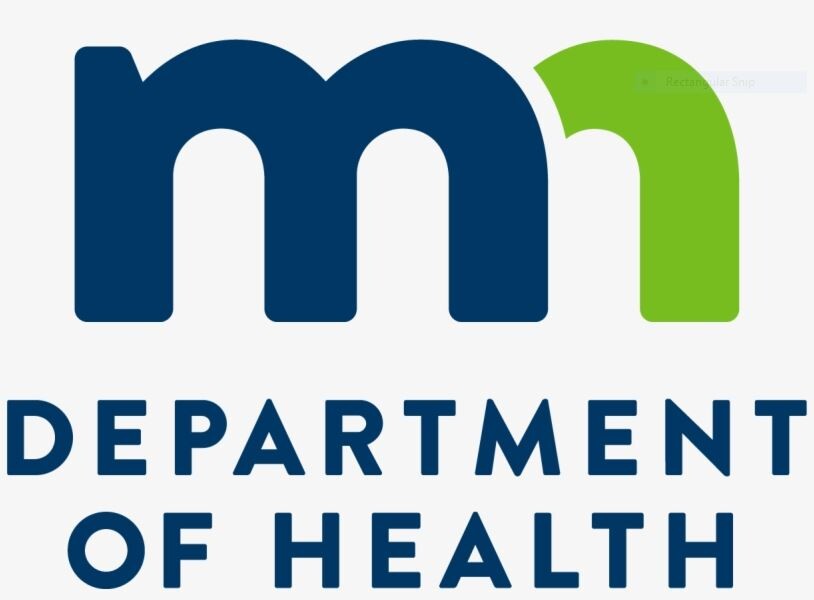Image


The Aging and Adult Services Division (AASD) and Disability Services Division (DSD) have disseminated their latest bulletins, informing the public and involved parties about recent and upcoming changes in policies and services. According to the announcement sent out on Tuesdays, one significant policy alteration for married individuals seeking Alternative Care (AC) will relieve them of the need for an asset assessment, traditionally completed by a financial worker, effective from October 1.

On another note, the Disability Services Division has informed stakeholders that the Waiver Management System (WMS) is undergoing updates and maintenance, which led to a skipped monthly download originally scheduled as per routine, this interruption may pose temporary inconveniences for users relying on the system's regular functionality. In matters concerning professional credentialing, beginning January 1, 2025, enacted criteria stipulate that behavior analysts in Minnesota, including those enrolled as Early Intensive Developmental and Behavioral Intervention (EIDBI) providers, must meet newly established standards to continue their practice; thus, professionals are encouraged to apply for licensure without delay due to potential processing backlogs.
Amidst these updates, the Department of Human Services also issued revised guidelines for managing consumer-directed community supports (CDCS) budget modifications in association with the MnCHOICES revision—a tool aimed to ensure individuals with disabilities are afforded their due consideration when budget changes arise, ensuring all parties adhere to the most current procedures. Additionally, DHS has flagged several important dates for training and events, including advanced practical training sessions on creating a "Culture of Safety" set for late October, which demand the presence of agency leaders and staffers to reinforce the framework of safety within services provision sectors.
The upcoming Minnesota's Self-Direction Connection Conference, scheduled for November 1, in Mankato, creates an opportunity for attendees to delve into self-directed services, discussions elevated by the collective experiences of service receivers, and the recent introduction of Community First Services and Supports (CFSS); the conference offers a platform merging consumer perspectives with those of respective caregivers and allied professionals for a richer discourse on self-direction. Another educational session, an assistive technology webinar on November 7, promises to expound on the integration of technology in assessments, conducted in collaboration with Minnesota Networking in Education and Assistive Technology (MN-NEAT), equipping participants to better converse about and implement assistive solutions into the MnCHOICES assessment process, a critical step forward in tailoring and enhancing individualized support structures.

For more details on these policies and event announcements, interested individuals can access the full bulletin on the AASD and DSD websites here.
SOURCE: hoodline